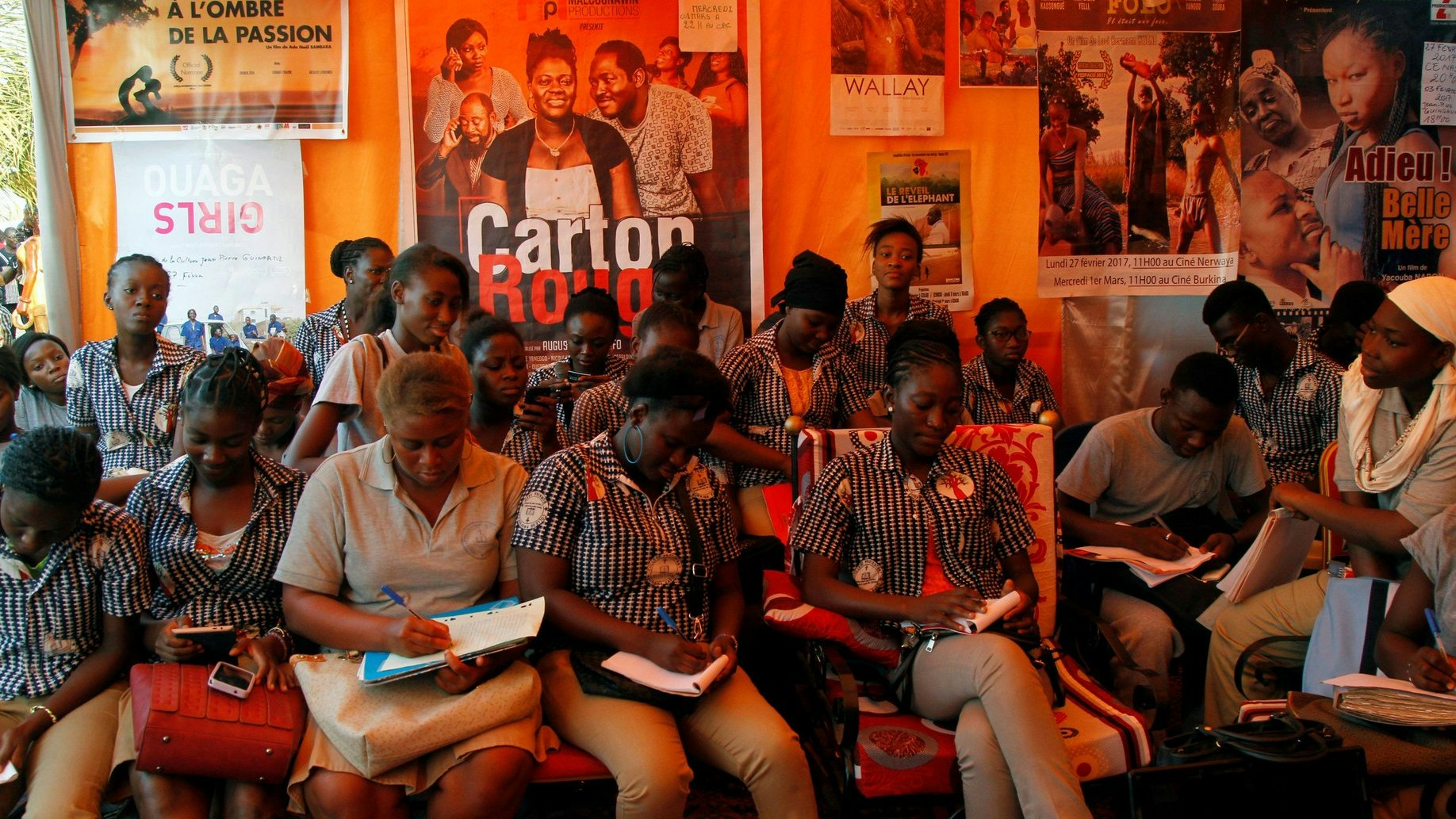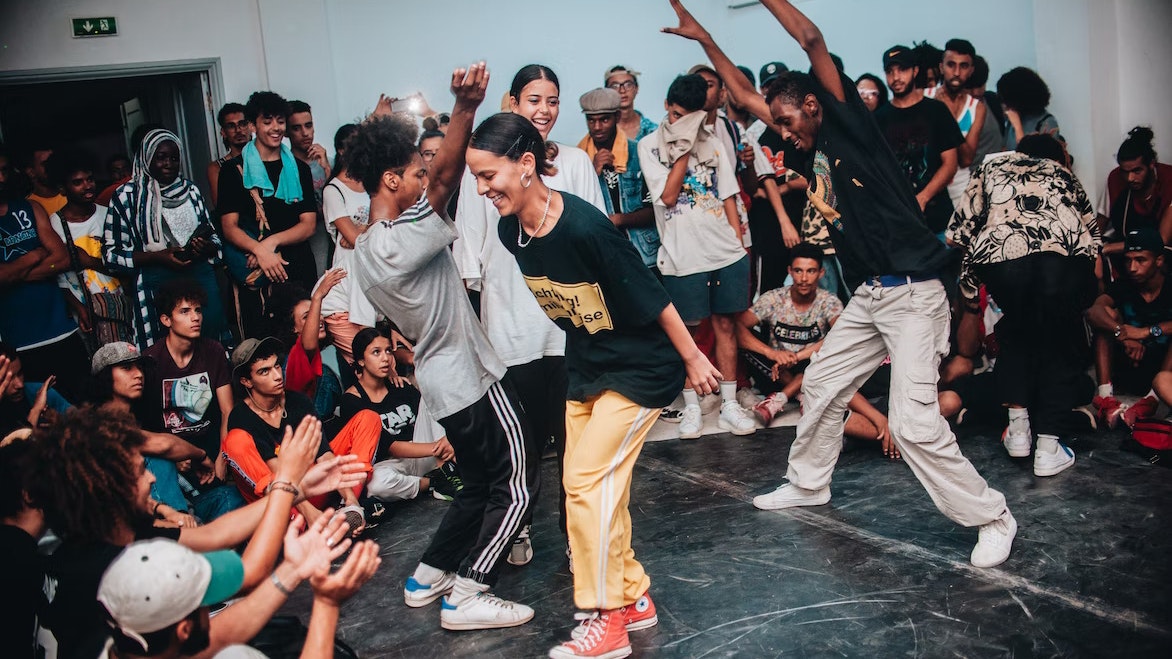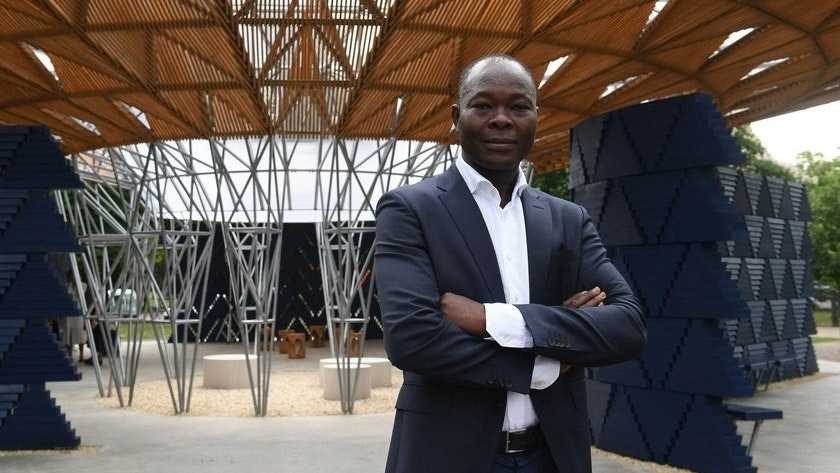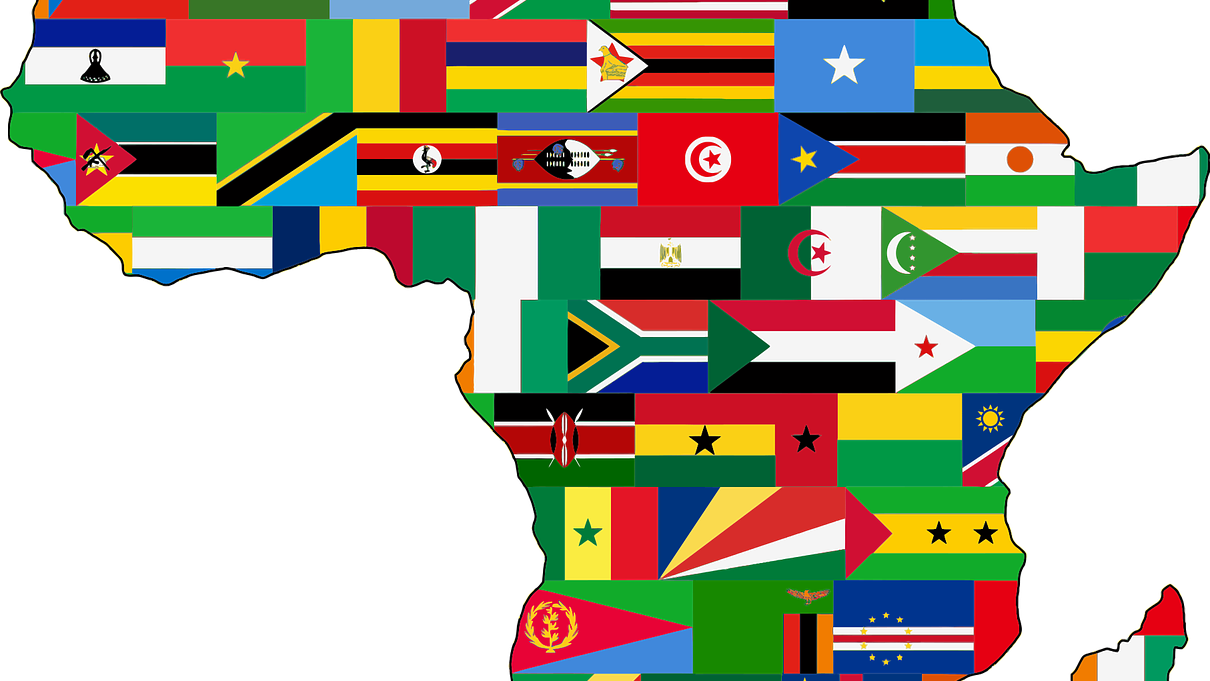
With a cumulative population of 1.4 billion people, Africa is rich in culture, music, dance, and storytelling, and it is the stories told by African filmmakers that are most distinctive. As the continent showcases increasingly avant garde films, the idea of a monolithic ‘African Film’ industry is gradually starting to wane.
In recent years, there has been a rise in African film festivals that celebrate African talent, both on the continent and internationally. This has propelled African filmmakers, directors, and actors into new markets and resulted in collaborative opportunities from powerhouse movie-making markets like Hollywood. Typically, these stakeholders have focused largely on the English-language markets in Africa, but their ambition to expand across the continent has caused a shift in content style, genre, and medium of distribution.
The digital revolution has played a catalytic role in growing the film industry across the continent and making film production more accessible. Film equipment and technology is becoming more affordable, as is the availability of new content distribution channels, breaking traditional funding models and allowing producers to monetise their content directly to consumers.
Why are film festivals important?
While both are essential to distribution, investment, and advertising, film festivals differ from film markets and can play an important role in the overall success of a project. Film markets are industry focused, and primarily serve to increase the opportunity for financial backing and distribution partnerships. On the other hand, film festivals are open to the public, offering filmmakers not only the chance to observe a live audience’s response to their work, but also the opportunity to publicly celebrate it.
The African film industry is demonstrating a new level of potential, but to sustain and support this growth, more African governments need to implement structural policies to formalise the sector. Currently only 55% of African nations have a national film policy, while less than 45% have a film commission. An example of the empowerment this kind of support can provide is the Pan-African Film & TV Festival of Ouagadougou (FESPACO), in Burkina Faso.
Running for over 50 consecutive years, and irrespective of political changes, FESPACO is a partially state-funded, biennial event that shares African stories through African voices. As one of the most well-established film festivals in Africa, it plays a key role in Burkina Faso’s economy and cultural sector.
‘This is the city of creativity, the city of culture, and the capital of African film,’ said Armand Béouindé, Mayor of Ouagadougou in 2021. The festival celebrates films predominantly produced in Africa by Africans, attracting enthusiasts from around the world and exerting cultural influence on the global stage.
The latest FESPACO held in October 2021 was themed ‘Cinemas of Africa and the Diaspora: new views, new challenges’, and had 239 films from 50 countries shortlisted. Somali filmmaker Khadar Ahmed won the top prize for the film, ‘The Gravedigger's Wife’, which he wrote and directed.
In Nigeria, Chioma Ude established The Africa International Film Festival (AFRIFF) in 2010. The festival helps African filmmakers strategically position themselves to distribute their titles with international streaming platforms and compete favourably in the international market. Their tenth edition resulted in the global conglomerate Amazon acquiring a number of films from the festival's catalogue.
Appreciation for Afrocentric films abroad
In Los Angeles, California, the African diaspora film and arts communities congregate at the yearly Pan African Film and Arts Festival (PAFF) event. Established in 1992, this landmark event is acclaimed as the biggest Black film and arts festival and Black History Month activation in America. It attracts filmmakers, artists, and unique craftspeople from over 40 countries and six continents annually, to showcase their pivotal work and talent.
The globally revered film festival held in Cannes, France, also hosts an Afrocentric event called the Cannes International Pan-African Film Festival and The African Film Festival (TAFF).
The future of African film
Over the last decade, there has been a steady rise in the volume of film and audio-visual production across Africa, but despite the economic potential, these sectors still remain largely untapped. It is estimated that these sectors account for $5 billion USD in revenue and employ five million people. Should a greater number of African governments adopt progressive policies to support and develop the industry's growth, revenue and employment will rise significantly. Moreover, the film industry has dependent and impactful relationships with other major sectors, such as tourism, hospitality, technology, legal, and other creative industries. When the film industry booms, all of these industries gain new earning opportunities.
Hosting a film festival allows a country to entice international players to its nation, building its cultural influence. In the case of indigenous films, this preserves and celebrates tradition and culture in the modern day the way no other medium can. The prestige that this brings encourages other indigenous filmmakers to share their idiosyncratic stories that could, in no small way, help reshape audience's perspectives of Africa.
For more on Africa’s film industry and how Nigeria has found global success, including plaudits at international film festivals, watch ‘Nigerian Cinema Goes Global’ below.







